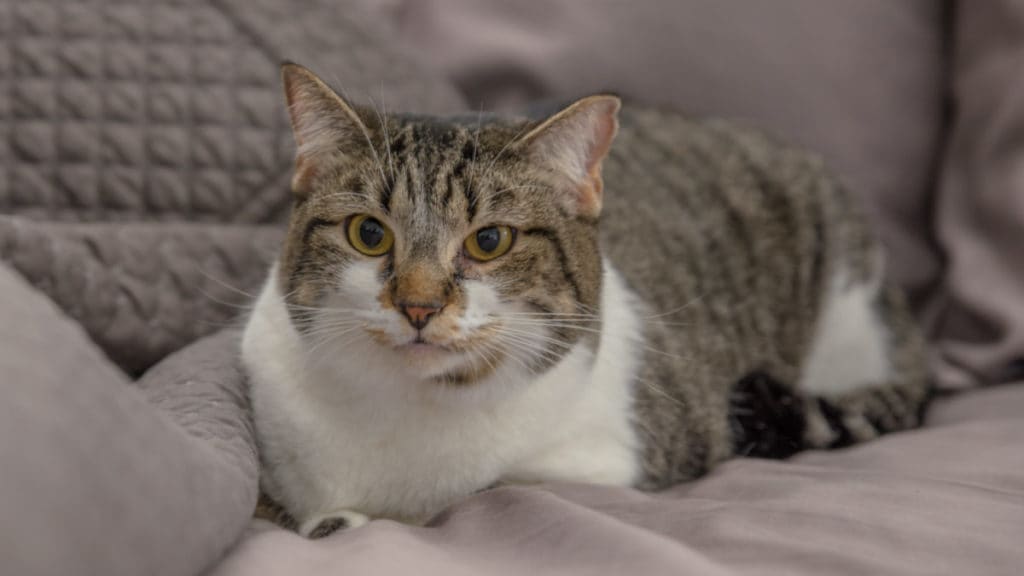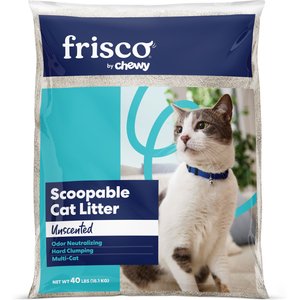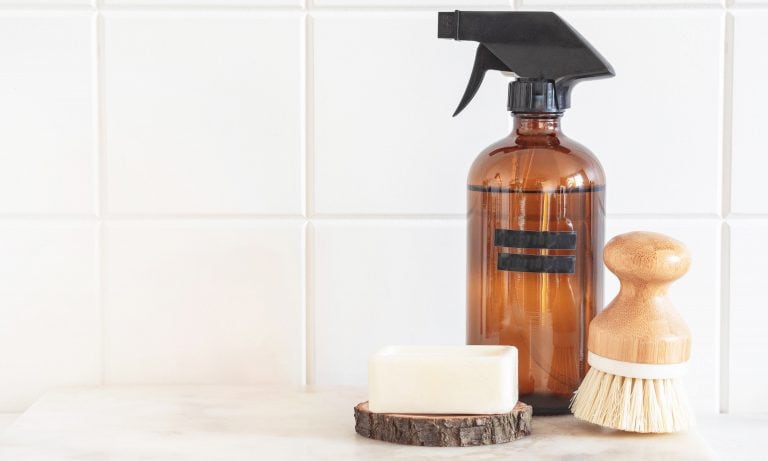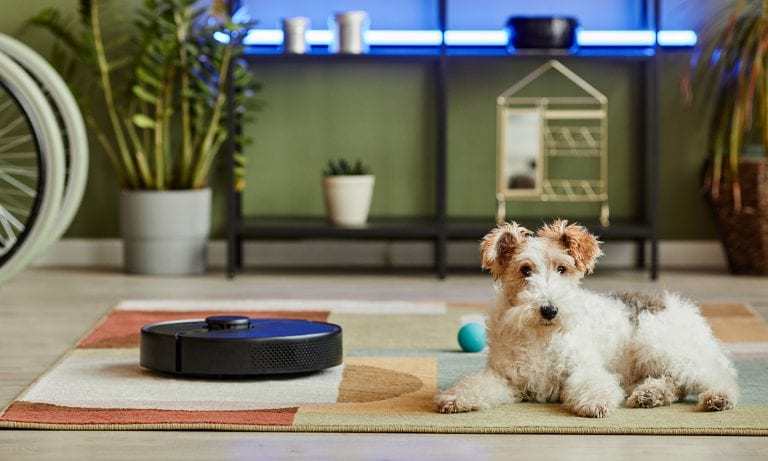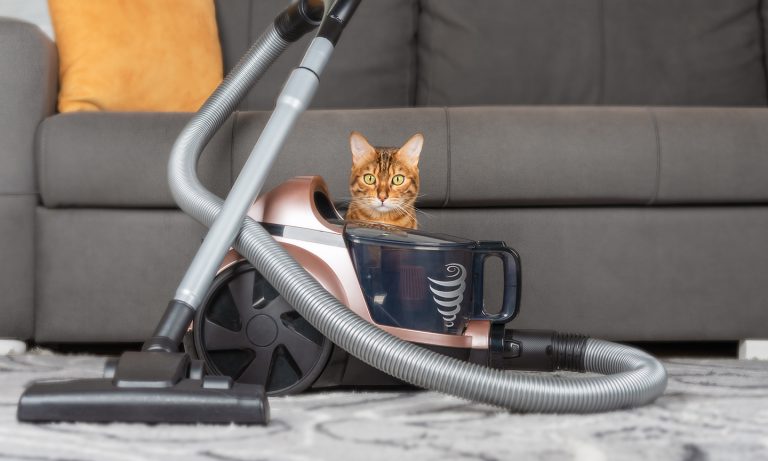Nobody enjoys cleaning their cat’s litter box—but this chore is extremely important for helping reduce the chances of your healthy cat contracting a disease. Not only will eliminating waste buildup in your cat’s litter box prevent a sick cat, but it will keep you from being exposed to potential diseases as well.
But doing the minimal scooping might not be enough. If you don’t clean the litter box properly, you can end up with a sick cat, as well as put yourself at risk for contracting certain diseases. When caring for cats it is imperative to take specific precautions to avoid any health-related issues that may arise from incorrect cleaning methods.
If you are just starting out with a litter box, or need a refresher course, here are some tips to make sure your cat litter box cleaning processes are safe for your healthy cat.
The Center for Disease Control recommends that you wear gloves while cleaning your healthy cat’s litter box, and to thoroughly wash your hands afterwards. By coming into direct contact with cat feces, you risk contracting toxoplasmosis, a disease that can cause extremely serious complications for pregnant women and those with weakened immune systems. “People who are pregnant or immunocompromised may prefer to have another person in the household do the scooping,” says Nova Reaves, staff veterinarian at Best Friends Animal Society.
Dr. Reaves recommends scooping your healthy cat’s litter box at least once or twice every day—the more frequently the better. Leaving soiled litter untouched for long periods of time can become toxic for you and your pet, so it’s important to maintain a strict cleaning schedule so you don’t end up with a sick cat. When you dispose of the litter, Dr. Reaves advises that you do so in the trash can outside, as opposed to a receptacle located indoors, and be sure to seal the bag.
“After you scoop the litter box, add more litter to replace what was removed. If you have asthma or a sensitivity to dust or perfumes, consider wearing a mask for this and/or buying a cat litter that is low dust or fragrance-free,” says Dr. Reaves.
When caring for cats you should plan to change out the litter completely every couple of weeks. An easy way to do this is by using litter box liners (Tidy Cats Litter Box Liners are a great way to control odor and make cleanup a breeze). All you need to do is pull the liner from each corner, secure the bag, and place everything into the trash can.
If you and your cat choose to go liner-free, you can clean the litter box by dumping out the entire contents into a trash can outside, “then use a gentle cleaner and water to clean the box,” she says. Make sure to use gloves throughout the cleaning process. Dr. Reaves recommends avoiding soap that will leave residue or has a strong odor, as your cat may not like this. You should also plan to clean the litter scoop and lid (if applicable) as well. Wash the litter box outside with a hose, rather than using your kitchen or bathroom sink.
Dr. Reaves also recommends replacing the litter boxes when they get cracked or too scratched, or else they won’t get cleaned as effectively.
If you scoop your cat’s litter regularly and clean the box often, but still encounter odor issues, try Nature’s Miracle Just For Cats Advanced Hooded Corner Cat Litter Box. This product includes a replaceable charcoal filter and odor-block technology that can eliminate odors for up to 3 months. Plus, the box is designed to fit in corners so you can tuck it out of sight. Pair this with Frisco Multi-Cat Clumping Cat Litter for the ultimate odor-neutralizing combination.
When caring for cats, ScoopFree Ultra Self-Cleaning Cat Litter Box is great if you simply cannot keep up with the demands of a litter box. This automatic litter box has a rake system that will simplify your life by sweeping waste into a covered compartment, so you can leave it alone for weeks at a time. When it’s time to clean out the box, all you need to do is throw the disposable litter trays into an outdoor trash receptacle.
“Keeping your cat’s litter and litter box clean will help keep you both happy and healthy. If you have any concerns or questions about your own health, please consult your physician,” says Dr. Reaves.
Share:
